Frequently Asked Questions
-
We are part of the Gulf Atlantic Diocese, a diocese in the Anglican Church of North America.
-
The Anglican Church is a Christian denomination that has a global presence in many countries numbering around 80 million participants. It is a part of historic Christianity that emerged through the Church of England (hence the term ‘Anglican’), which in the 16th century embraced reforms that restored much of the worship and practice of the early church.
It’s a Christian tradition deeply anchored in the historic Church—built on the Bible, guided by the Holy Spirit, and centered on Jesus. At its heart, Anglicanism is a beautiful blend of Scripture, Spirit, and Sacrament.
We’re formed by ancient rhythms like weekly communion, liturgical prayers, and the church calendar—yet we live them out in the here and now, with hearts open to the Spirit and lives grounded in grace.
-
Here are some of the main differences between the Roman Catholic Church and the Anglican Church in North America (ACNA):
Origin
Catholic: Claims apostolic succession from Jesus Christ and St. Peter; centralized in Rome.
Anglican: Formed in 2009 as a conservative breakaway from the Episcopal Church and Anglican Church of Canada.Leadership
Catholic: Supreme authority rests with the Pope in Rome.
Anglican: Rejects papal authority; governed by a College of Bishops and an Archbishop (currently Archbishop Steve Wood).Scripture & Tradition
Catholic: Scripture and Sacred Tradition are equal sources of divine revelation.
Anglican: Scripture is the primary authority, interpreted through tradition and reason.Communion/Eucharist
Catholic: Believes in transubstantiation: the bread and wine become the actual Body and Blood of Christ.
Anglican: Belief varies; most in ACNA hold to real presence (not transubstantiation)View of Mary
Catholic: Highly venerated; doctrines include the Immaculate Conception, Perpetual Virginity, and Assumption.
Anglican: Honors Mary as Theotokos (God-bearer) and virgin mother, but does not require belief in the Immaculate Conception or Assumption.Saints
Catholic: Saints are venerated; intercessory prayer to saints is encouraged.
Anglican: Saints are honored as examples of faith, but not prayed to for intercession.Salvation
Catholic: Faith, works, and participation in the sacraments are necessary.
Anglican: Emphasizes salvation by grace through faith, lived out through sacramental and moral life. -
Communion is the Gospel made visible in front of our eyes. We see the bread being broken, we hear the invitation to literally get up from our seats and move to the table of the Lord. Our bodies are involved.
By celebrating Communion every time we worship, we center ourselves, our lives, and our worship around Jesus. We’re not called The Stage because of our amazing worship band. Neither are we called The Pulpit because of our sermons. As meaningful and as important as they are, they’re designed to lead us to and center us around Jesus. We come to His Table.
Check out this blog post by Pastor Lenny “10 Reasons why we celebrate Communion regularly.”
